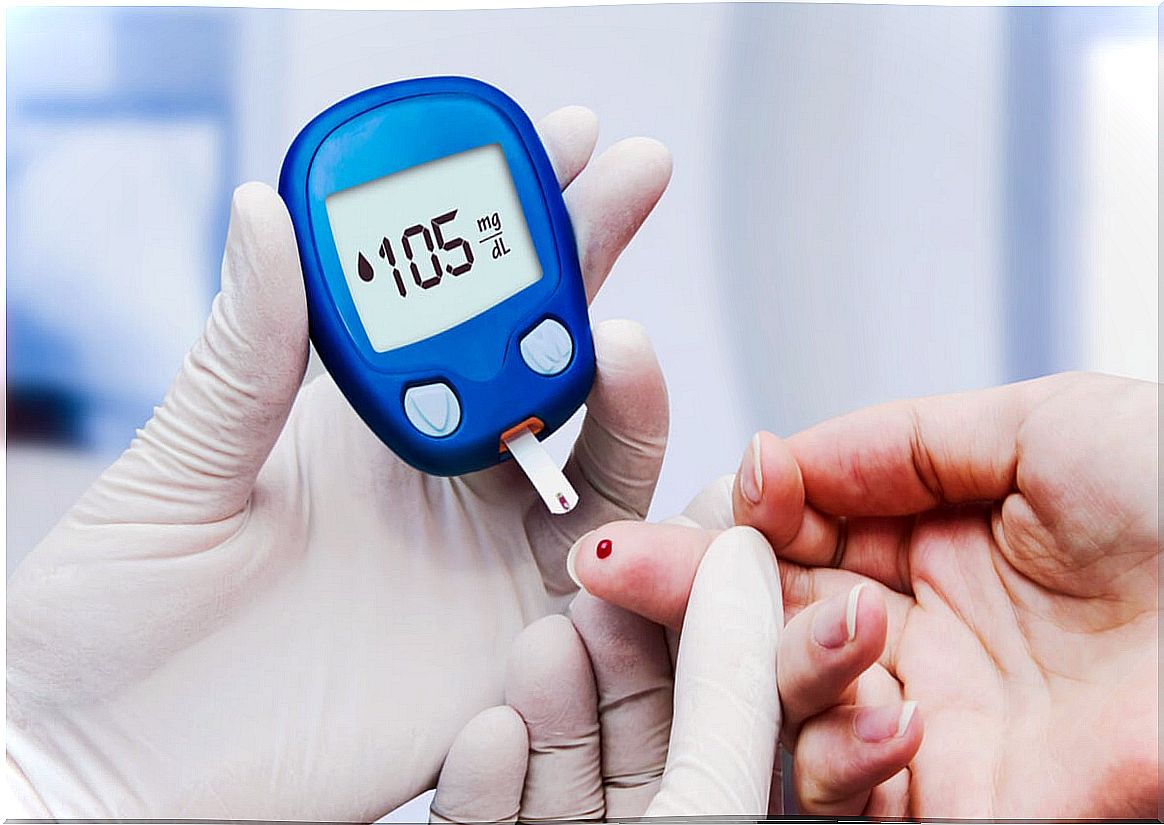How To Control Diabulimia?
Diabulimia is a complex disease belonging to eating disorders. It results from the combination of two other pathologies: bulimia and diabetes.
It is a problem that puts the life of the person who suffers it at risk, since two conditions are met that require strict dietary management. Unfortunately, eating disorders (EDs) are increasing in incidence today.
The canons of beauty and the power of social networks are very influential, especially in young people. In this way, it is increasingly common to see adolescents obsessed with their physique, carrying out risky behaviors.
Diabulimia, a complex pathology
Diabulimia is a disease that requires a professional diagnosis. It occurs when a patient with type 1 diabetes begins to develop an ED; in this case, bulimia.
They meet a chronic pathological component with another of a psychiatric nature, so the treatment is complex. According to a publication in BMJ magazine , it is the most complicated and dangerous TCA.
Diabetics need, as a general rule, a strict control of the supply of nutrients. Only in this way can hypoglycemia, which is fatal if not treated in time, can be avoided. To this difficulty must be added the restriction or purging processes typical of people suffering from ED, which impairs the management of blood glucose.
It is common for diabulimia patients to use insulin injections incorrectly, but on purpose. In this way they manage to self-induce vomiting that allows them to avoid the absorption of the nutrients they have consumed, leading to a dangerous and disastrous outcome.
According to the current scientific literature, this pathology is considered high risk due to short-term complications, which include the death of the person. To address the problem, the intervention of a multidisciplinary team is necessary.

Available treatments
The most important thing in the management of this type of pathology is early diagnosis. In this way, the progression of the disease and the complications derived from it can be avoided.
From here on, nutrition education is a key element. It is necessary to instill the importance of balanced consumption of nutrients to control glycemia in a type of people who present, in itself, problems with this task. In addition, a varied and progressive menu should be prepared in terms of energy intake, to avoid the feeling of bloating.
Ensuring the maintenance of a stable blood glucose is one of the priorities of the food professional in these cases. The optimum is to provide complex carbohydrates at each meal, paying special attention to their dosage, to offer a consistent insulin administration schedule. In addition, it is essential to guarantee the presence of proteins and fats in necessary quantities.
As recent research affirms, 20% of women with type 1 diabetes suffer from this pathology. The existence of a program with a protocol of psychological and psychiatric help complementary to the dietary intervention seems the only solution.
In many situations, the use of pharmacology is even necessary to avoid other added complications that determine major problems. To get to this point, it is essential that the diagnosis has been correct, since it is often overlooked because the symptoms overlap with each other.
Complications of diabulimia
The prognosis for this disease is not always good. When the psychiatric problem is on the increase, it is possible that the patient begins to modify the insulin administration guidelines in a dangerous way for his health.
You are even likely to refuse the use of the hormone, since it is associated with weight gain. This situation generates a process of hyperglycemia that puts your visual, heart and kidney health at risk, among other things.
It is relatively common for blood tests in diabulimia patients to reflect excessively high glycosylated hemoglobin values, in addition to an altered glucose curve. Both parameters are considered indicators of poor evolution and it is a priority to correct them to guarantee health.
There have even been extreme cases of suicide attempts associated with the condition. Eating disorders present a marked psychiatric component that, on occasions, lead the person to attempt to kill themselves. For this reason, they need strict surveillance.

Diabulimia, a disease with difficult management
As we have mentioned, diabulimia is a disease that usually presents a difficult management and a complicated prognosis. Treating the disease in its early stages increases the chances of success.
However, it is necessary to have a multidisciplinary team that works together, in addition to strong family involvement to avoid uncontrolled behavior and risky behavior. The patient support network will be a key piece of the gear that supports their quality of life.









